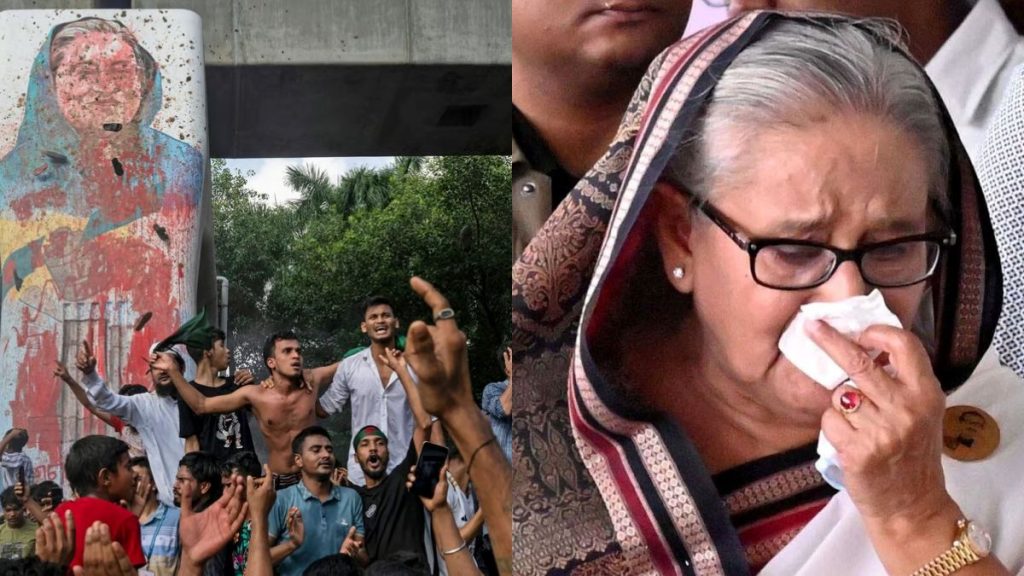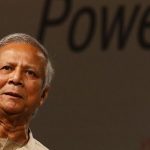In a dramatic turn of events, Sheikh Hasina, once a revered leader of Bangladesh, faced her final hours as a hated autocrat. Her fall from grace marks the end of an era defined by increasing authoritarianism and widespread discontent. (Sheikh Hasina’s Final Hours)
The Rise and Fall
Sheikh Hasina, the daughter of Bangladesh’s founding father, Sheikh Mujibur Rahman, initially rose to power with promises of economic growth and democratic values. Over her years in office, she implemented significant development projects and improved the country’s infrastructure. However, her tenure increasingly became synonymous with human rights abuses, suppression of political dissent, and allegations of corruption.
Public Outcry and Protests
Public outcry against Hasina’s government reached a boiling point in recent months. Mass protests erupted across the nation, with citizens demanding her resignation. The government’s heavy-handed response to these protests further fueled the anger of the populace. Reports of police brutality and unlawful arrests became commonplace, tarnishing her reputation beyond repair.
International Condemnation
The international community also turned its back on Hasina. Numerous human rights organizations condemned her regime for its oppressive tactics. Western governments, once her allies, imposed sanctions and called for free and fair elections. The UN issued multiple statements urging Hasina to respect democratic principles and the rights of her citizens.
The Final Hours
In her final hours as Bangladesh’s leader, Hasina remained defiant. Surrounded by loyalists in her residence, she refused to step down, even as the clamor for her ousting grew louder. Reports indicate that security forces loyal to her engaged in last-ditch efforts to quell the unrest, but their efforts proved futile.
A New Dawn for Bangladesh
As the news of Hasina’s downfall spread, celebrations erupted across Bangladesh. Citizens flooded the streets, waving flags and chanting slogans of freedom and democracy. Opposition leaders, previously imprisoned or exiled, returned to a hero’s welcome, promising a new era of governance and accountability.
The Legacy
Sheikh Hasina’s legacy is now a complex tapestry of initial hope marred by authoritarian rule. Her downfall serves as a potent reminder of the fragile nature of political power and the enduring strength of the people’s will. As Bangladesh moves forward, the nation looks to rebuild its democratic institutions and restore the faith of its citizens in its government.


